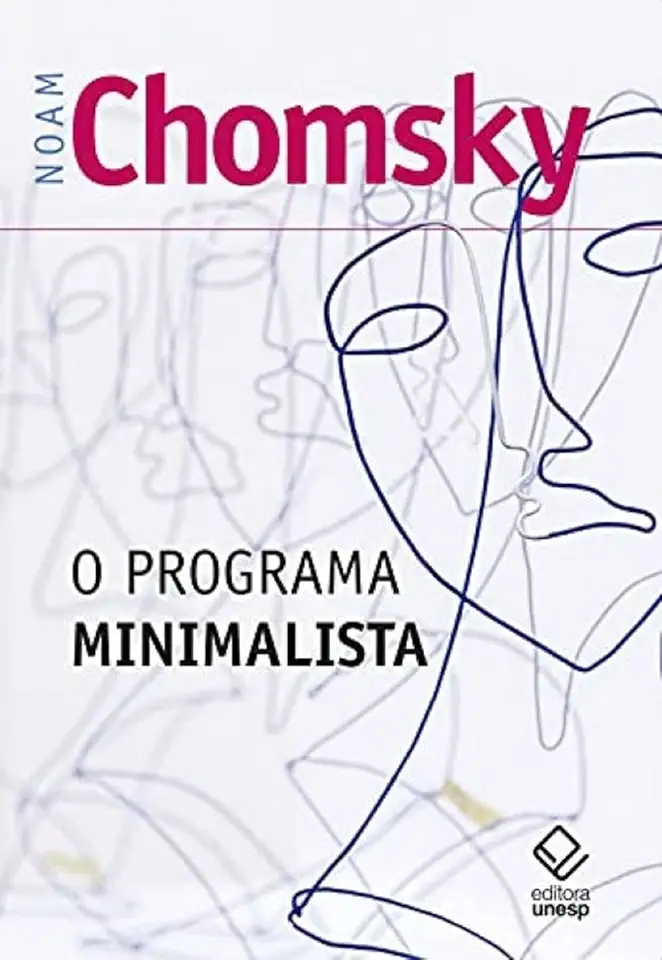
The Minimalist Program - Noam Chomsky
The Minimalist Program: A Revolutionary Approach to Linguistic Theory
In his groundbreaking book, "The Minimalist Program," renowned linguist Noam Chomsky presents a revolutionary new approach to linguistic theory that challenges traditional notions of language and offers a deeper understanding of the human language faculty. With its focus on simplicity, elegance, and explanatory power, the Minimalist Program has transformed the field of linguistics and continues to inspire researchers and scholars to this day.
Unveiling the Essence of Language
Chomsky's Minimalist Program is built on the premise that language is a complex system that can be understood by identifying its core principles and eliminating unnecessary complexity. By stripping away superfluous elements and focusing on the fundamental properties of language, Chomsky reveals the underlying simplicity and elegance that govern human linguistic competence.
Key Features of the Minimalist Program
The Minimalist Program is characterized by several key features that set it apart from traditional linguistic theories:
Simplicity: The program emphasizes the importance of simplicity and economy in linguistic analysis, seeking to explain complex linguistic phenomena with the simplest possible theoretical constructs.
Modularity: Chomsky proposes that language is composed of distinct modules, each responsible for specific aspects of linguistic processing. This modular architecture allows for a more fine-grained understanding of language and its various components.
Recursion: Recursion, the ability of linguistic structures to embed within themselves, is recognized as a fundamental property of language. Chomsky argues that recursion is essential for generating the infinite range of sentences that humans can produce and understand.
Economy of Derivation: The Minimalist Program introduces the concept of economy of derivation, which states that linguistic structures are derived in the most efficient and economical way possible. This principle helps explain why certain sentences are more natural and easier to process than others.
Applications and Impact
The Minimalist Program has had a profound impact on various subfields of linguistics, including syntax, semantics, and phonology. It has also influenced other disciplines, such as cognitive science, philosophy of language, and artificial intelligence. Researchers and scholars continue to apply and extend the principles of the Minimalist Program to gain deeper insights into the nature of language and the human mind.
A Must-Read for Linguists and Language Enthusiasts
"The Minimalist Program" is a seminal work that has reshaped our understanding of language and linguistic theory. With its clear and engaging exposition, Chomsky's book is accessible to both linguists and non-linguists alike. It is a must-read for anyone interested in the science of language, the human mind, and the quest for understanding one of the most remarkable faculties that sets us apart as a species.
Conclusion
In "The Minimalist Program," Noam Chomsky presents a groundbreaking approach to linguistic theory that has revolutionized the field and continues to inspire researchers and scholars worldwide. By embracing simplicity, elegance, and explanatory power, Chomsky offers a deeper understanding of the human language faculty and the intricate mechanisms that govern our ability to communicate and express ourselves. This book is an essential addition to the libraries of linguists, cognitive scientists, philosophers, and anyone fascinated by the mysteries of human language.